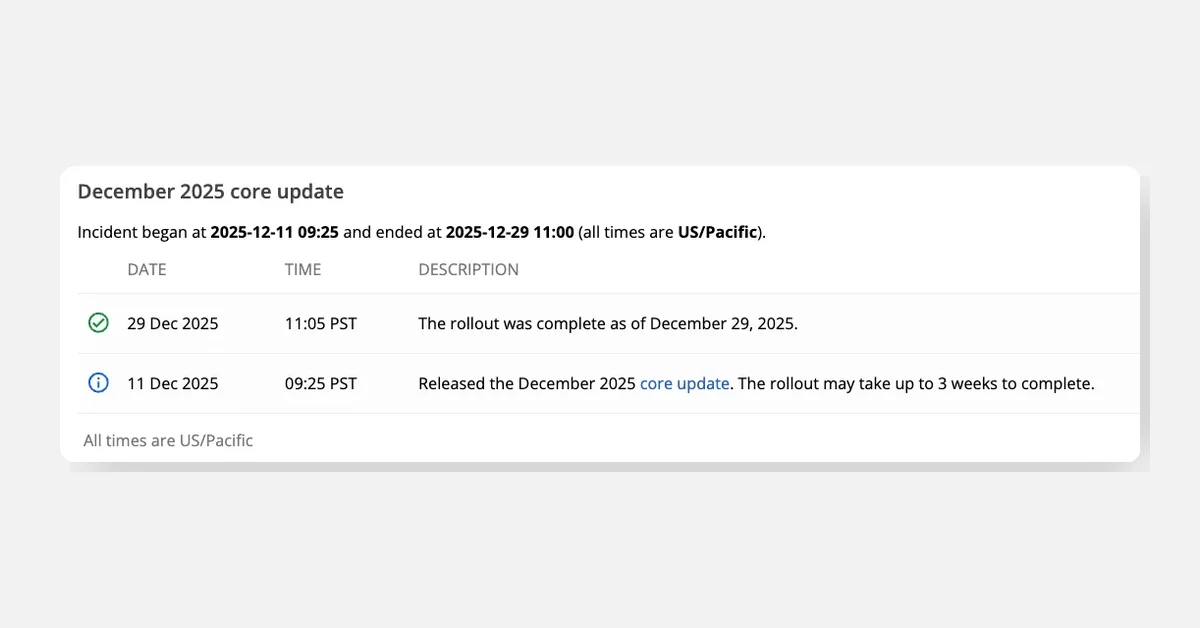Gary Illyes from Google emphasized the necessity of verifying information from Large Language Models (LLMs) against authoritative sources before accepting their answers. This advice was given in response to an unspecified question.
Illyes explained that LLMs generate responses based on their training data by selecting suitable words, phrases, and sentences that fit the context of a prompt. However, these responses may not always be factually accurate. He introduced the concept of "grounding," which aims to connect LLMs to a database of facts and authoritative sources to improve accuracy. Despite this, grounding is not foolproof, and users must still validate the information.
Key Points from Gary’s Post
- LLMs generate contextually relevant but not necessarily factually correct responses.
- Users should validate LLM-generated answers using authoritative sources or their own knowledge.
- Grounding can enhance accuracy but does not eliminate the need for human verification.
- The internet contains both intended and unintended misinformation, making it crucial to fact-check AI-generated content.
Importance of Authoritativeness
Illyes’ LinkedIn post serves as a reminder that while LLMs can provide contextually relevant answers, their factual accuracy is not guaranteed. For publishers, maintaining authoritativeness and trustworthiness is crucial, especially when using AI-generated content. Consistent fact-checking helps avoid the risk of disseminating misinformation and losing credibility.




















